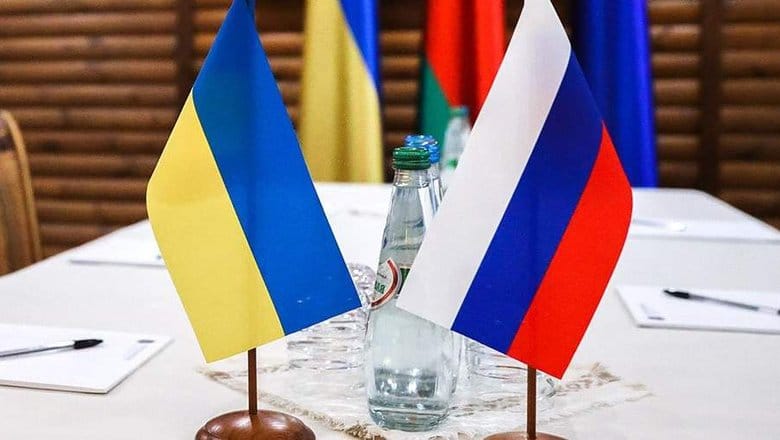US and Germany Reportedly Push Ukraine Towards Negotiations with Russia, Scaling Back Military Support
According to a report by Bild, a German tabloid, the United States and Germany are allegedly planning to press Ukraine into entering negotiations with Russia. This strategy involves reducing the supply of weapons to Ukraine, potentially jeopardizing Kyiv's prospects of victory. The report describes this as a covert

According to a report by Bild, a German tabloid, the United States and Germany are allegedly planning to press Ukraine into entering negotiations with Russia. This strategy involves reducing the supply of weapons to Ukraine, potentially jeopardizing Kyiv's prospects of victory. The report describes this as a covert German-American plan aimed at compelling Ukraine to initiate peace talks. The plan involves providing Ukraine with just enough weapons and armor to maintain its current frontline positions, but not enough to reclaim occupied territories.
The goal is to encourage Ukrainian President Volodymyr Zelensky to engage in negotiations with Russian President Vladimir Putin. A source from the German government was quoted in Bild, suggesting that Ukraine's current military strategy is unsustainable and that Zelensky should voluntarily consider negotiations.
Bild's report also highlighted that the United States shares Germany's perspective on the need to transition from focusing on weapon deliveries to facilitating negotiations. As of the report's publication, there had been no official response from the White House, which has consistently expressed support for Ukraine's efforts to drive out Russian forces.
As major contributors of military aid to Ukraine, the United States and Germany's stance is significant and could influence Zelensky's decisions. The report has caused concern in Kyiv, where officials are still aiming for a complete military victory and the recapture of occupied territories.
The report further suggested internal disagreements within the German government, particularly between Chancellor Olaf Scholz and Defense Minister Boris Pistorius, with Pistorius being left out of the plan's development. This plan is said to restrict Ukraine to a defensive position, providing just enough arms to prevent defeat.
Concerns have been raised by NATO countries about the overestimation of Ukraine's counter-offensive capabilities, leading to a reassessment of expectations for the conflict's progression.
Criticism of the plan has emerged within Germany, with members of the opposition CDU party accusing Chancellor Scholz of lacking commitment to Ukraine's victory in what they consider an existential conflict.
Additionally, international voices like Slovak Premier Robert Fico have expressed concerns that the Ukraine war could extend until 2030 without peace talks. Fico, a populist left-winger, has proposed suspending military aid to Ukraine, previously provided by his country's government. He advocates for prolonged peace negotiations over continued conflict with high casualties.
In the Netherlands, political figure Geert Wilders has campaigned on the promise of halting arms shipments to Ukraine, reflecting a growing debate over the continuation of military support in the conflict.




